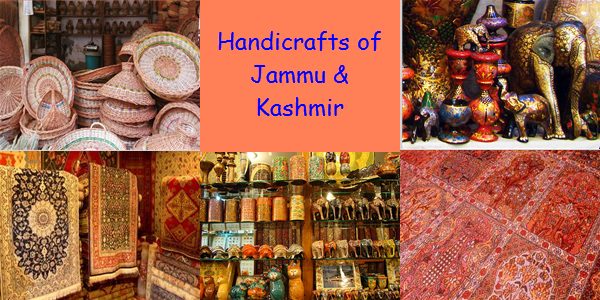In a significant boost for artisans, the government has set an ambitious target to increase Jammu and Kashmir handicrafts exports to Rs 3,000 crore annually by 2029.
Kashmiri handicrafts, especially carpets and Pashmina shawls, are renowned for their exceptional quality and intricate designs, making them highly sought after in Gulf and European markets.
Many of these crafts have historical significance, tracing back to the Mughal-Afghan and Sikh-Dogra eras, and are celebrated globally, even displayed in prestigious museums.
Currently, Kashmir’s handicraft industry generates around Rs 1,200 crore in annual exports.
The government now aims to significantly raise this figure by expanding the international reach of these unique products.
The government has set up a target of handicraft export worth Rs 3000 crore annually from Kashmir by 2029.
A senior official from the Industries and Commerce Department explained that this initiative aligns with the newly introduced J&K Export Policy. “The policy leverages the region’s strengths and resources, aiming to transform Jammu and Kashmir into an export-driven economy. A core focus is on enhancing the quality and competitiveness of local products to meet global standards,” the official told news agency KINS.
In recent years, handicrafts exports have steadily grown, with exports rising from Rs 550 crore in 2021-2022 to Rs 1,100 crore in 2022-2023, and exceeding Rs 1,200 crore in 2023-2024. Major exports include carpets, shawls, wood carvings, and papier-mâché, with Kashmiri carpets even gracing the newly constructed Parliament building in New Delhi.
The J&K Export Policy also emphasizes the livelihoods of around 3 lakh artisans working in the handicraft sector. Increased exports directly boost artisans’ incomes and economic security.
A key part of this policy is the ‘district as an export hub’ approach, promoting district-level growth through local initiatives, skill development, and capacity building. This strategy aims to empower artisans and entrepreneurs to meet the expectations of the global market.

